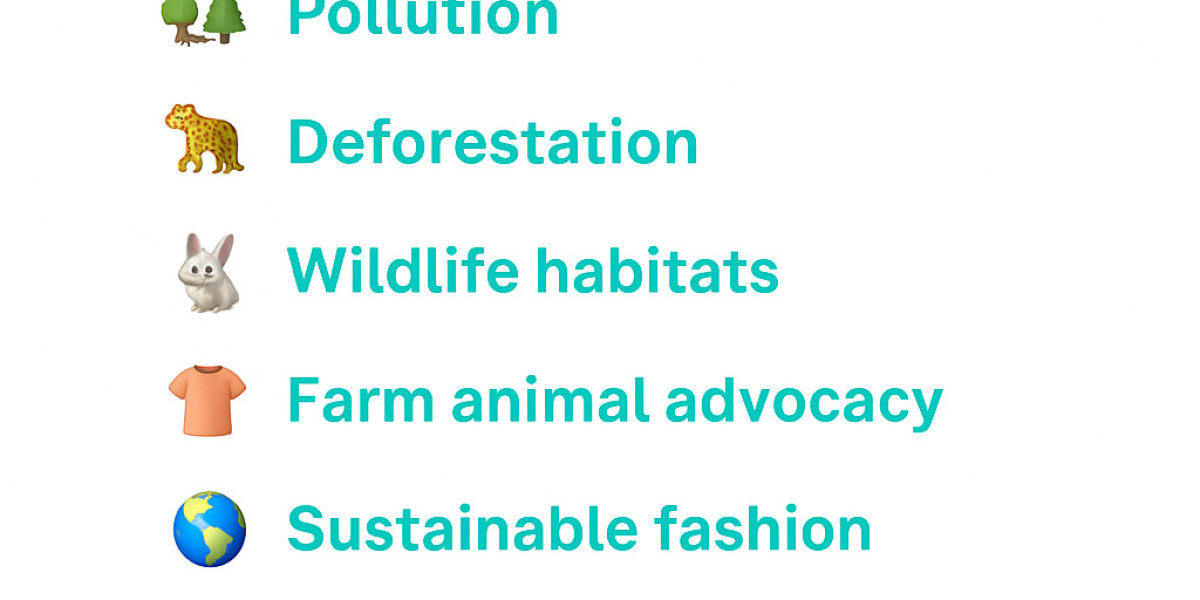The Vegan lifestyle is rapidly gaining popularity around the world, driven by concerns for health, animal welfare, and environmental sustainability. At its core, veganism means avoiding all animal products—meat, dairy, eggs, and sometimes even honey—and instead choosing plant-based foods and cruelty-free products. But it’s much more than just a diet; it’s a compassionate and conscious way of living that seeks to reduce harm and promote wellness on multiple levels.
What Is a Vegan Lifestyle?
A vegan lifestyle extends beyond food choices. It includes avoiding animal-derived products in clothing (like leather and wool), cosmetics, and household items tested on animals. Vegans often support cruelty-free brands and advocate for animal rights.
While veganism has ancient roots, it has evolved into a modern movement supported by scientific research and ethical reasoning. Many people choose veganism for one or more of the following reasons:
- Health benefits
- Animal welfare
- Environmental concerns
Health Benefits of Veganism
A well-planned vegan diet can provide all the essential nutrients the body needs. It tends to be rich in fiber, vitamins, antioxidants, and healthy fats while being lower in saturated fat and cholesterol compared to diets heavy in animal products.
Studies have linked vegan diets to:
- Lower risk of heart disease
- Reduced blood pressure
- Lower rates of type 2 diabetes
- Reduced risk of certain cancers
- Improved weight management
Vegan diets emphasize whole grains, legumes, fruits, vegetables, nuts, and seeds, which collectively support overall health. However, vegans need to ensure adequate intake of vitamin B12, iron, calcium, and omega-3 fatty acids through fortified foods or supplements.
Compassion for Animals
One of the strongest motivators for adopting a vegan lifestyle is compassion for animals. Factory farming subjects billions of animals to overcrowding, confinement, and painful procedures without anesthesia. Vegans reject participating in this cycle of suffering by choosing plant-based alternatives.
Beyond food, many vegans avoid leather, fur, silk, and wool, which come from animal exploitation. Ethical vegans also support campaigns against animal testing and promote wildlife conservation.
Environmental Impact
Animal agriculture is a significant driver of deforestation, greenhouse gas emissions, water pollution, and biodiversity loss. It requires vast amounts of land, water, and energy compared to plant-based food production.
By adopting a vegan lifestyle, individuals can reduce their carbon footprint and conserve natural resources. Studies suggest that widespread adoption of plant-based diets could reduce global greenhouse gas emissions by up to 70%.
Choosing vegan also supports sustainable food systems and helps combat climate change.
Challenges and How to Overcome Them
While veganism offers many benefits, it can present challenges, especially for beginners:
- Nutritional Planning: Understanding how to get all essential nutrients requires education and sometimes supplementation.
- Social Situations: Eating out or attending social events can be tricky, but more restaurants and gatherings now accommodate plant-based diets.
- Access and Cost: In some areas, vegan products may be less available or more expensive, though growing demand is improving this.
Many resources—cookbooks, websites, apps, and community groups—support people transitioning to a vegan lifestyle, making it easier than ever.
Tips for Starting a Vegan Lifestyle
- Start gradually by replacing a few meals with plant-based options.
- Experiment with a variety of fruits, vegetables, grains, and legumes.
- Learn to read food labels carefully.
- Seek out vegan recipes and try new cooking methods.
- Connect with vegan communities online or locally for support.
Conclusion
The vegan lifestyle is a powerful choice that benefits personal health, animal welfare, and the environment. It encourages mindfulness in consumption and fosters compassion toward all living beings. While the transition may have challenges, the growing availability of resources and products makes veganism accessible to many.
Choosing vegan is not just about what we eat; it’s a commitment to living ethically and sustainably. Every plant-based meal is a step toward a healthier planet and a kinder world.



